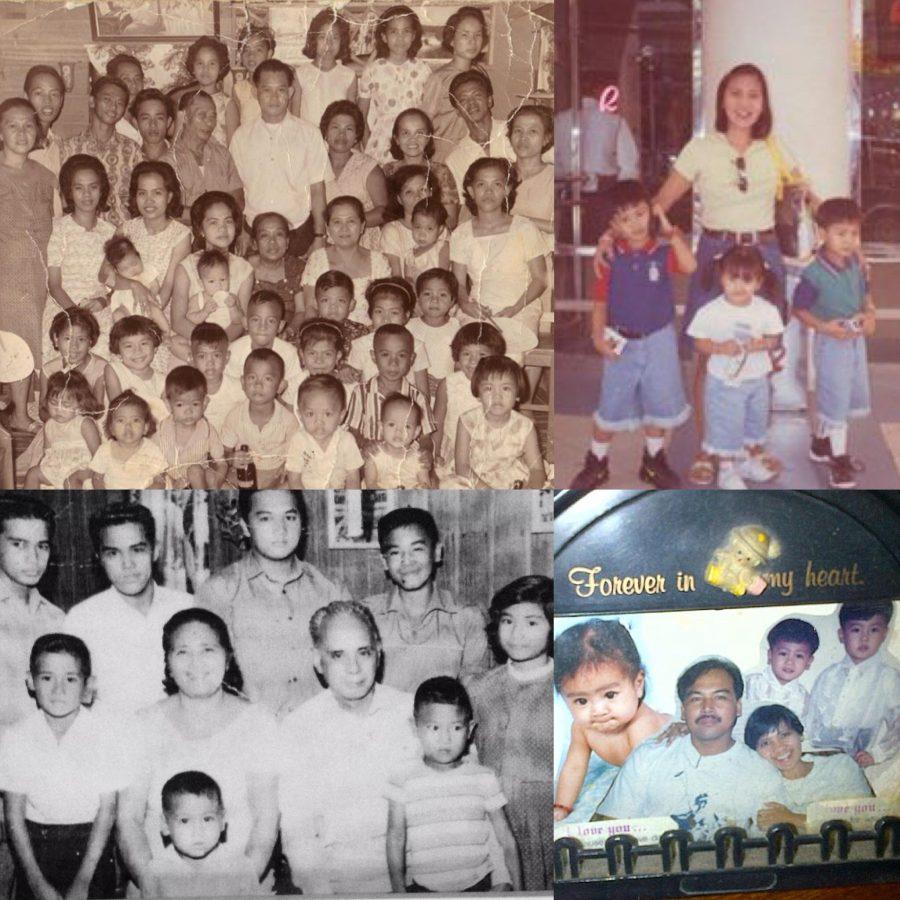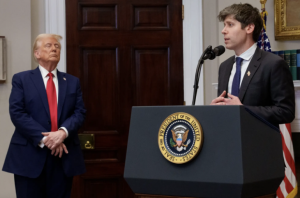Proud to be Filipino
April 13, 2016
As a person who identifies as an AAPI (Asian American Pacific Islander), it’s extremely important to know my history, to understand that everything we do now was made possible because of the sacrifices made by our forefathers in the Philippines. Freedom is not gained by being passive, but through conviction, passion and pride.
My culture has allowed me to see the different struggles my grandparents have gone through, to see that my grandparents paved a way for my parents, my family members and my siblings to be where we are today.
Many countries like Spain, Japan and the United States colonized the Philippines and their colonization had a heavy impact on our culture. In Western culture, white, pale skin is considered beautiful and dark skin is considered dirty. In the Philippines, a lot of people have a white complexion because they whiten their skin. I wonder why? Igorots, which is an indigenous culture in the Philippines, usually have dark skin and they are viewed as dirty. Many Filipino activists are fighting this stereotype and pushing for acceptance of a darker complexion.
I am proud of my culture because Filipinos are hardworking and multi-talented. To be Vice President of Kamalayan Alliance, a group that is continuously learning about Filipino culture and the AAPI community, makes me so proud. Kamalayan Alliance helped me realize that knowing the struggles of my ancestors helps to truly succeed and to fully fight for the rights AAPIs need and deserve.
Filipinos are strong, resilient, valiant warriors. We are strong-minded and will not fall without a fight; that is how we gained our independence.
May is AAPI history month and not only am I challenging my fellow AAPIs to learn something new about the AAPI community, but also my fellow Cougars here at CSUSM. Share a picture on Instagram, post a message on Facebook, or do anything that will spread awareness regarding the AAPI community. Knowing and understanding our struggles will help create and promote diversity and cultural understanding not only on our campus, but also in our community. “MABUHAY MGA PILIPINOS!”






